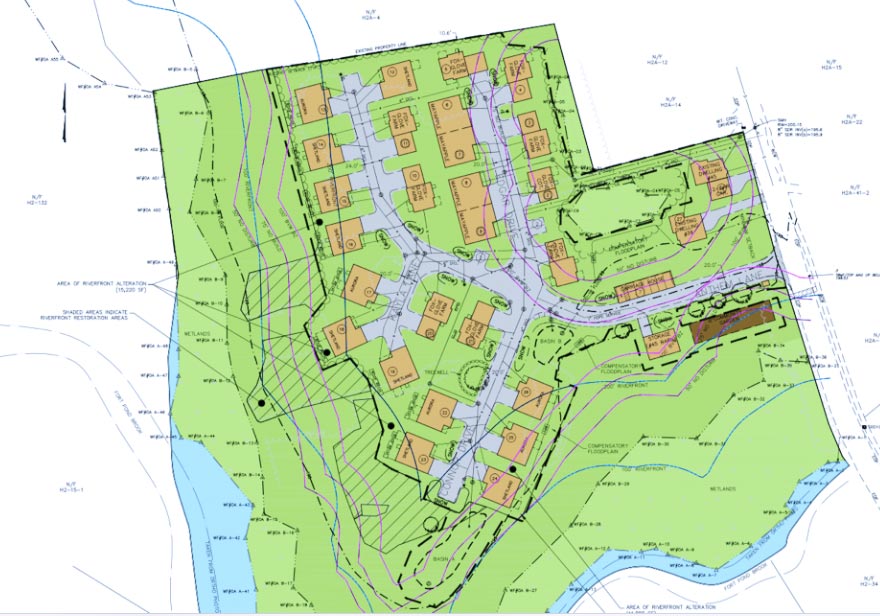In-Depth Permitting Knowledge Eases Complexity of Process

Places Associates, Inc. provides a wide variety of permitting services for simple projects to multi-agency, complex permitting projects.
In the development and eventual construction of a project, permitting is the crucial, mid-project phase, where design is incorporated into a permit application and ultimately the issued permit. Once permits are obtained, construction can be initiated. Places Associates, Inc. is expert at making timely, complete and accurate permit applications to a variety of permitting agencies for projects large and small. Complete and accurate applications reduce the review timeline, ultimately expediting our clients’ projects.
Permitting processes are as varying as the sites on which we work. Even small projects can require multiple permits; a single family home project may involve zoning, septic/well and wetlands issues, requiring up to four separate permit applications. Larger projects may at times involve state, local and federal permits of varying complexity.
The staff at Places Associates, Inc. regularly attends seminars and workshops and participates in webinars to constantly update our permit-based knowledge and to keep up with legal rulings, revisions to regulations and regulatory interpretations. Because our staff includes multiple disciplines, we are able to provide our clients with a greater variety of permit-support services. Our projects are designed to be low-impact development projects meeting the variety of environmental, sustainable goals with a client-focused approach.
